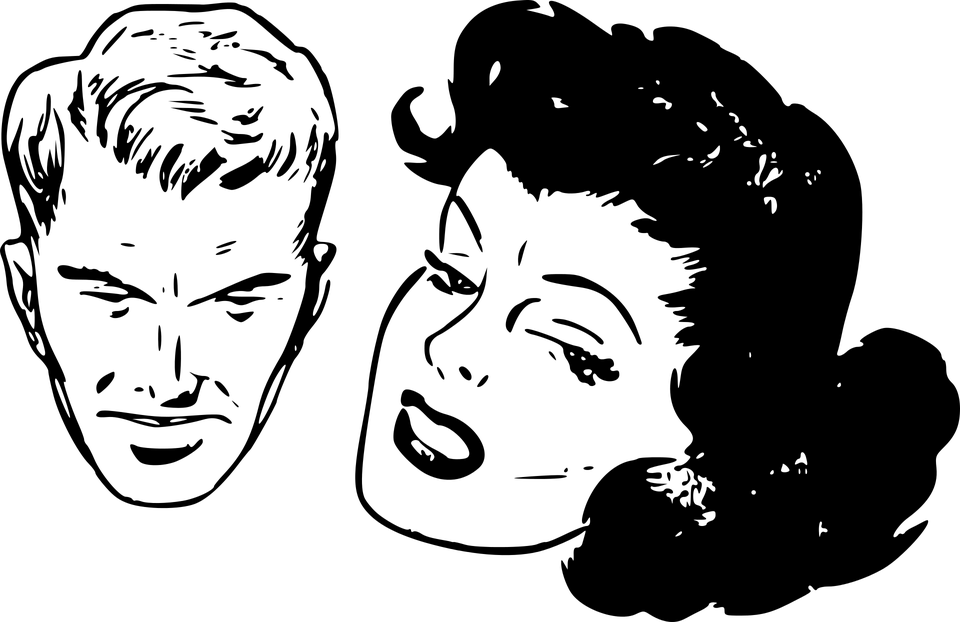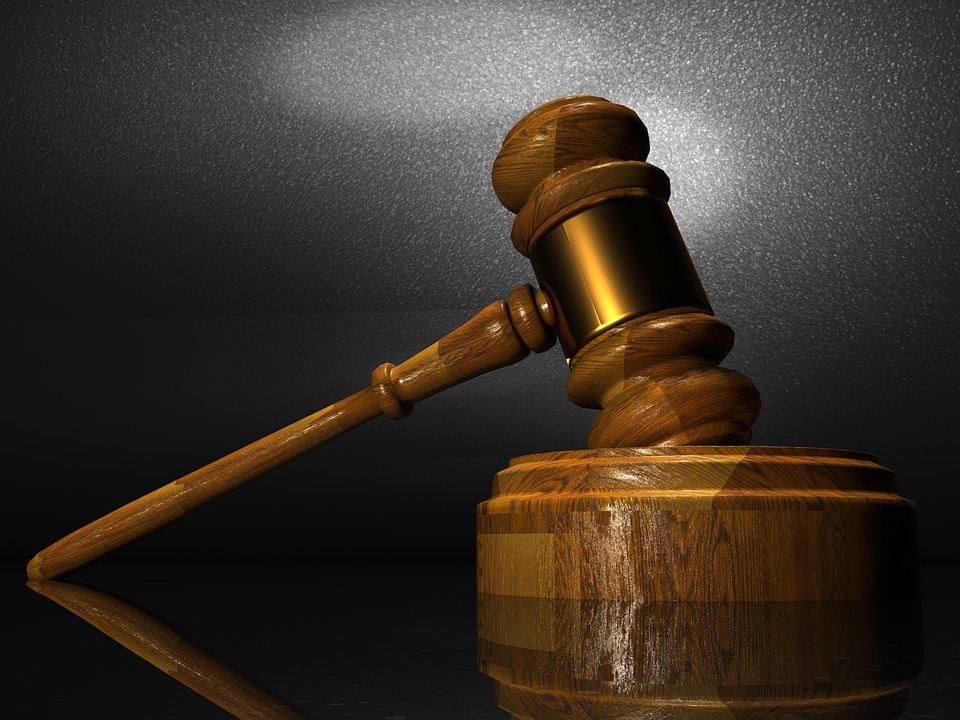We’ve been complaining about software patents for years, typically advocating for their elimination and replacement with copyright law coverage. But the recent ruling in the case of Oracle and Google over patent infringement—the court’s opinion wielded copyright law like a chainsaw—threatens the very basis of all software interoperability.
At issue is the fact that the judges in the case declared Oracle’s Java APIs were infringed by Google’s replication of their interfaces. While there was a very specific finding in one case where a few lines of Android code were actually identical to Oracle’s code, the ruling insinuated that more than 30 of Google’s Android software packages were infringing Oracle’s copyrights.
But, we ask, how can you infringe a copyright by replicating a documented, standardized interface? Java isn’t just a language, it’s a specification. But this argument is missing the forest for the trees. In one swift move, the circuit court’s ruling has threatened the underpinnings of all of software.
After all, every single piece of software ever written in any language other than binary is building upon the work of others. As that stack became more advanced, developers delineated ways for future developers to continue to use their aging software and methods: through application programming interfaces. Without open APIs, you couldn’t write any software of any kind. If Microsoft’s Windows APIs were protected by copyright in the manner desired by the circuit courts, no one in their right minds would ever write a program for Windows for fear of being sued out of existence by Microsoft.
Microsoft, though, would never sue anyone for replicating their APIs, even less so for just using them. If developers couldn’t replicate APIs, they couldn’t support legacy software. As the United States court system and government as a whole are not blessed with the newest of equipment or the greatest of technical savvy, perhaps they would suffer the most if all legacy software suddenly became useless due to legal risks associated with modernizing their interfaces or replicating them in new software.
All we can hope for now is that the previous court, which has been handed back the case, does the right thing and decides that all API usage is covered under the fair use doctrine, which allows copying of copyrighted material for “transformative” purposes.
The consequences of not doing so could be catastrophic for the industry.





